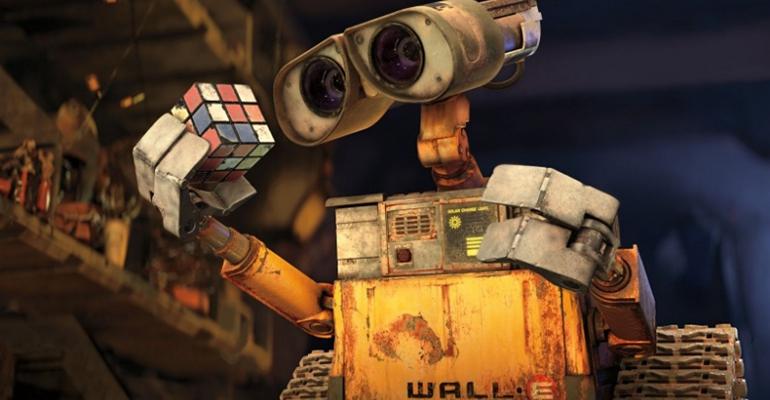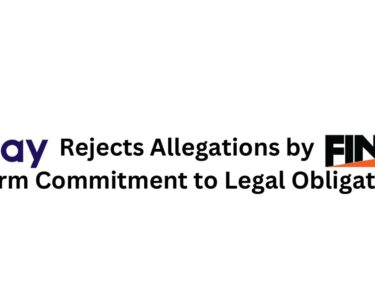AMP, a company in Denver, Colorado has created an AI based robot that can sort through trash leading us towards Wall-E-Like future.
Clarke consisting of a simple robotic arm and a visible-light camera to sort through the trash is deployed at the Alpine Waste and Recycling Facility in Denver.
It looks on a conveyor belt and plucks the milk, juice and food cartons up through two suction cups attached to the robot arm.
It picks up 60 items per minute which are 20 more items as compared to a human counterpart. This Robo manages an accuracy of 90%, leading to a 50% decrease in trash sorting costs.
The company programmed it for cartons specifically. Mantanya Horowitz founder of AMP Robotics said while talking to Engadget:
“The fundamental platform that we’ve created was a system to sort pretty much all the commodities that are in a recycling facility today, whether it’s cardboard, No. 1 plastics, No. 2 plastics, or cartons — cartons just ended up being a great place for us to start.”
How The AI Works:
Clarke is watching and learns through the other commodities it sees. Currently, it tells whether it is No.1 plastic or No.2 plastic. Horowitz expects that in the future it may be able to classify them further.
Currently, we can say, ‘That’s a No. 1 plastic’ but we wanna be able to say ‘That is a Pepsi bottle, that is a Gatorade bottle’ and give recycling facilities and finer resolution on what’s going through the lines.
The Age of Plastic
The age we live in is the era of plastic and we have been making and more and more plastic ever since it was first invented. In 2015, manufacturers produced 448 mn tons of plastic, twice as much as compared to that in 1998.
The plastic industry boomed in the 1950s and the University of California reports that we have made over 9 bn tons of plastic since 1950’s with 7 bn tons of plastic not being used today. 9% of that 7 billion was recycled hardly, while 12 percent was burned and the remaining 5.5 billion tons now resides in dumps and sewers.
With robots like Clarke, we can at least speed up the cleaning process if not eliminate it fully.




